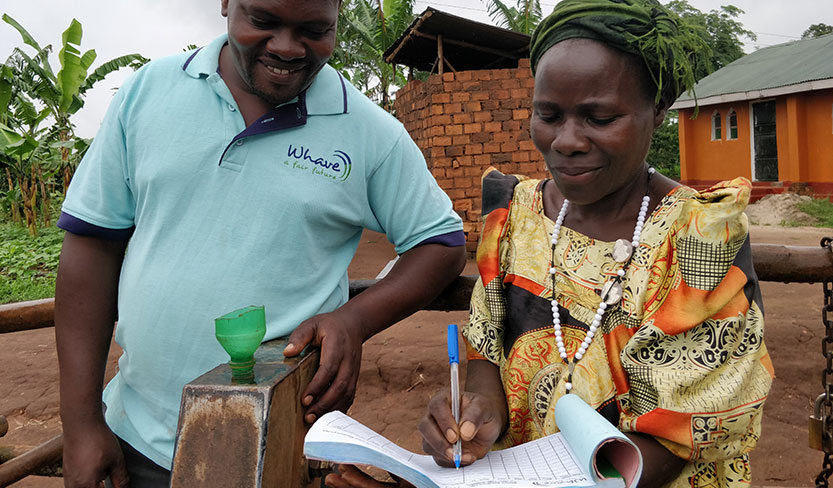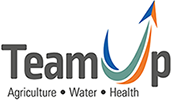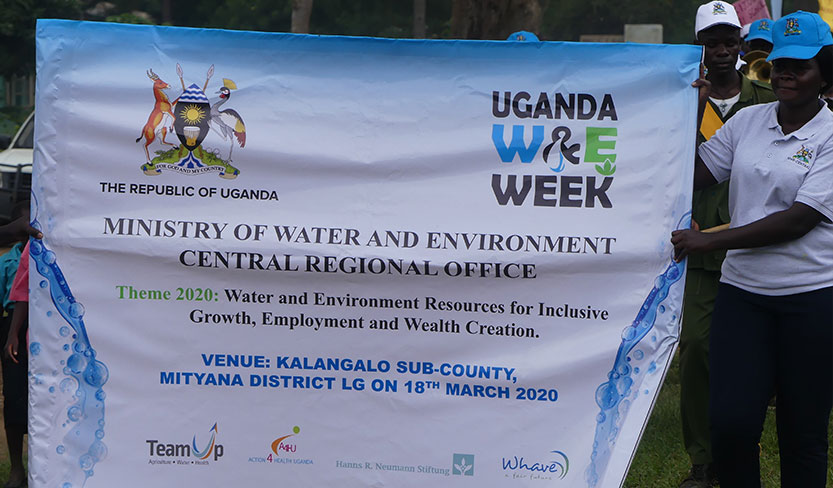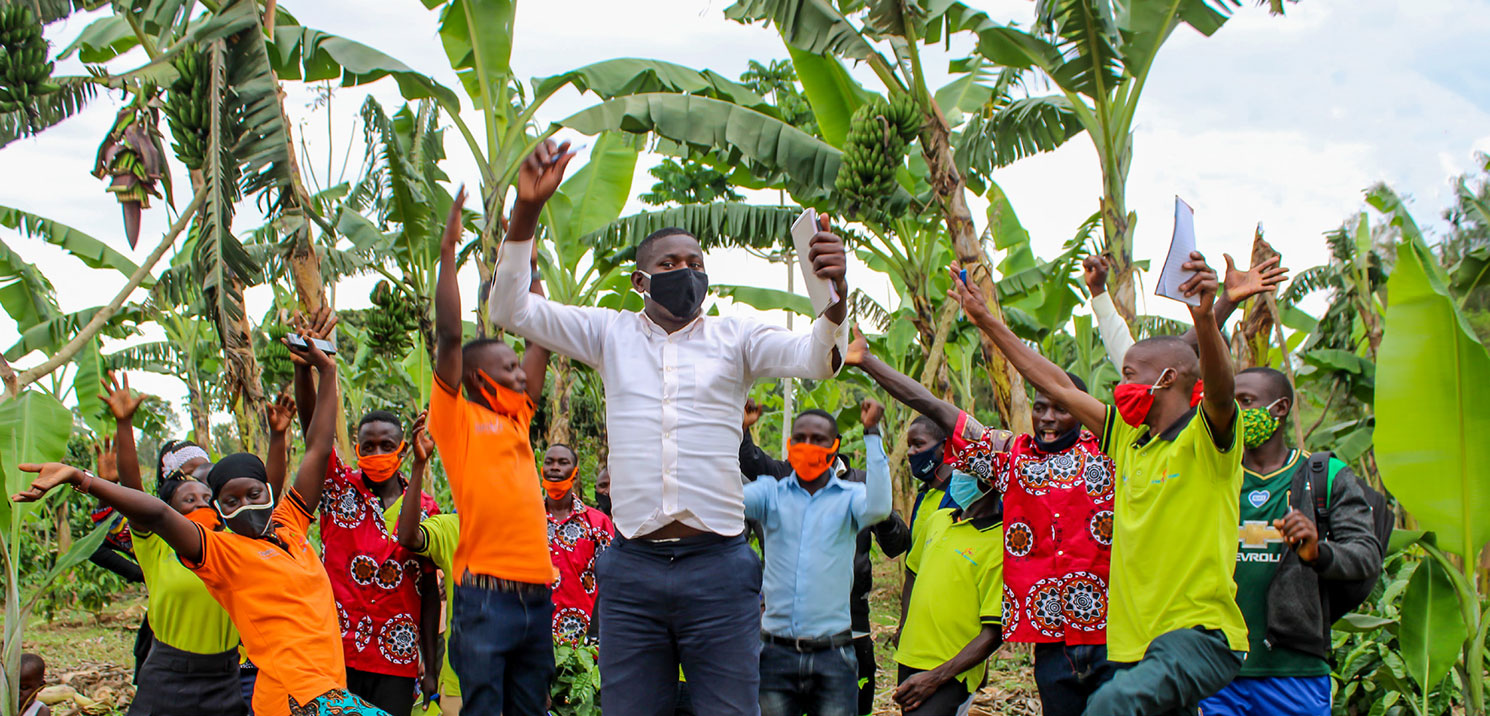
Covid19 adapted implementation
Covid-19 was an awakener on the importance of safe water. It showed us that the old adage “water is life” is true because hand washing is recommended as a key preventative of covid-19.
To help keep people safe, Whave reduced number of people in meetings, trained water users in COVID-preventive practices and on how to construct tippy taps. Whave service technicians continued with their scheduled checks but also speeded up response times to make sure pumps were always working, so that there was water nearby for hand-washing and for life. Whave exempted all water users from paying for maintenance during the severe lock-down months.
Whave Experiences (positive and negative) in working with beneficiaries extension workers, NGOs and local government in Mityana
In a survey in 2019, Whave found that only 27% of hand-pumps were properly functional. To address this, Whave introduced an improved preventive maintenance model based on sensitization of water users to benefits of daily reliability of water supply to increase willingness to pay, incentivizing of pump attendants to collect water user tariffs, performance-related payment of hand pump mechanics and training them to follow professional preventive maintenance schedules, and signing of preventive maintenance agreements with water users.
The functionality in Whave-serviced communities is above 98% per quarter per sub-county, which is a drastic improvement above the baseline situation of 27%. Water users are very grateful to Whave as Mr. Mubiru Kityo, the chairman of the water user committee of Jinja water source in Maanyi Sub County narrates:
“Our water source is a very deep source containing 23 pipes and it was donated to us by the district. However the contractors placed poor quality components and it was breaking down almost every month. We would collect 5000/= from each family, call a mechanic who would fix it. However people became fed up of paying because within a month it would break again. Moreover, even the mechanic could take days without coming and when he came, he always requested money to go and buy the necessary components, still taking days without coming back and we would suffer even one month without safe water.
“Before Whave came, we had actually given up with the water source and we were using our open ponds about one km away. Whave said it would function all the time if we could pay affordable fees for which we agreed and signed a preventive maintenance agreement. Ever since that time, our hand pump has never broken down, the mechanic checks on it every month either by phone call or by physically visiting and doing checks. Whave assures us that when it breaks the repair will be within 1 or 2 days. All the water users are now willing to pay water user tariffs because they can access the water all the time”.
District support of rural water payments for water
Whave took part in discussions in 2019 with Mityana district government, about the problem of ad-hoc prices for water charged by vendors being so high that most rural house holds cannot access safe water, especially as more than half suffered from broken hand-pumps,These discussions led to the Council passing a resolution which set a pro-poor maintenance price plan at an affordable level of 40 UGX/jerry-can, much less than the 200 up to 100/= commonly charged by vendors.
In this way, Whave helped to establish a public private partnership (PPP) with Mityana district local government, withWhave as an Area Service Provider (ASP), the district as Water Authority, and the Ministry of Water and Environment as the Regulator. The district sets the maintenance price plan, and a pre-investment maintenance protocol to guide investors such as politicians, churches and NGOs how to establish maintenance agreements before construction of new sources and before major rehabilitation works.
WASH the Whave way
Whave believes that achieving SDG 6.1 and Uganda’s National Development Plan, is achieved by preventive maintenance of existing water sources to ensure full functionality. Although construction of new water sources is important, it only helps if all new sources are embedded in a full-functionality assurance maintenance structure. In 2011, Whave suggested to the Ministry of Water and Environment that performance payment of local technicians was the key solution, and with support from MWE in 2011 this put into action. It was found to work well, right from the start when the first communities signed service agreements in 2013. For the past 8 years Whave has maintained functionality above 97%, working with local technicians (always members of the Hand-Pump Mechanics Associations) and with local government. The model has adopted by MWE as a national framework for O&M of rural water supplies.
Building a future: reliable piped water for all Ugandans
Whave is working with government to convert all water supplies to piped water, to improve sanitation and hygiene and improve livelihoods. The cost is huge, so it will take many years to accomplish this, so Whave will continue to ensure that where hand-pumps are necessary, they will work every day, as described above. In some places in Uganda, especially rural growth centers, small piped systems with 1 to 3 tap stands are possible.
Whave has already worked with Sub County Local governments to establish an enabling environment for this technology. In two sub counties, councilors passed a resolution on the maintenance price of 200/= per jerry can.Pumping tests for aquifer yield have been done and show that some hand pumps can converted to these piped systems.
Next steps
Following the adoption by the MWE of the Whave rural functionality assurance model/CBMS+ as a national O&M framework, our next step is to help the Ministry operationalize it in many pilot districts around the country. The Ministry has suggested that rural water Service Areas are composed of clusters of districts to achieve economic sustainability



